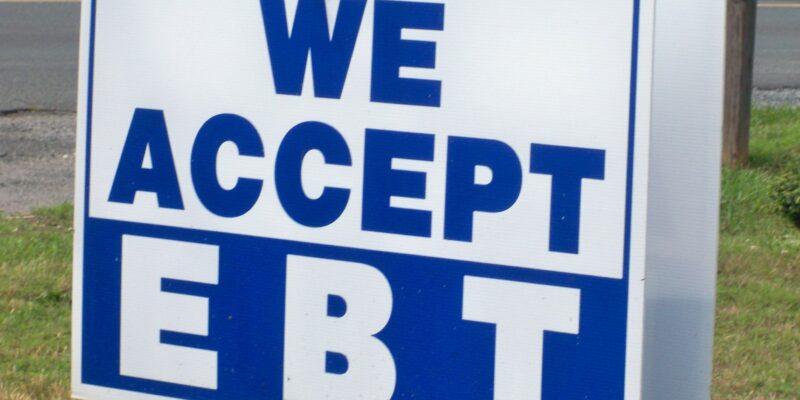Louisiana, when it comes to federal aid, you better brace yourself.
Your uncle in Slidell who screams at family get-togethers that “The South will rise again” won’t want to hear about this.
Neither will your dad in Shreveport who dreams that perhaps one day Louisiana and the other red states will split away from the blue states to form a separate and better nation.
According to a new WalletHub analysis, Louisiana ranks 10th among the nation’s most federally-dependent states.
So cast aside those fantasies that Louisiana, one day, will tell the feds what to go do with themselves. The state, at least right now, is incapable of giving up its reliance on taxpayer money. And it’ll take a lot to pry residents off of that federal aid.
RELATED: Louisiana Fisherman Stands Up to Fed Who Micromanaged His Business
“Blue states are [generally] less dependent on the federal government than red states,” WalletHub reported, citing Washington state, Illinois, California, and Massachusetts, among others, as examples of states that take less taxpayer money.
There are many types of federal aid — disaster relief, transportation, education, and even corporate welfare. But what about welfare programs for the poor? Is there a way to reduce Louisiana residents’ dependence on that?
Last week the New Orleans-based Pelican Institute for Public Policy analyzed Louisiana’s collection of government safety-net programs. Pelican Senior Policy Associate Jamie Tairov wrote that those programs need a “paradigm shift so its low-income, work-capable citizens can move out of dependency on the government and find hope and lasting self-sufficiency.”
“This starts with connecting people with a job, which is the best path to prosperity,” Tairov said.
“Work brings dignity, hope, and purpose through the life-long benefits of earning a living, gaining skills, and building social capital.”
Advertisement
Louisiana’s poverty rate last year, according to the Pelican Institute analysis, was nearly 20 percent. That was the nation’s highest, with more than 800,000 people dependent on federal aid.
Tairov said it’s time to steer Louisiana’s poor onto the road to self-sufficiency. She cited Utah, which WalletHub ranked as the 48th least dependent of America’s 50 states. Tairov said Beehive State officials devised a workforce system that helped jobseekers. Utah’s system is a “one-stop shop” that houses all workforce development and safety net programs, except Medicaid, under the umbrella of one department.
“This solution allows prospective recipients to go to one office where they are linked to a navigator that reviews their situation, helps them qualify for all eligible assistance, and gets set up in job training, education, or other workforce programs,” Tairov wrote.
IN THE NEWS: Ruston Residents Embarrassed by Crater-Filled I-20 Overpass
“This approach to the social safety net system connects assistance with work and has led more people out of poverty than in any other state. In the wake of the COVID-19 pandemic and shutdowns, Utah was the first state to get back to pre-pandemic employment levels, leading the nation in recovery with employment growth of 4.99 percent by April 2022.”
These programs, the Pelican Institute report said, have “improved service quality, increased administrative efficiencies, and cost savings.”
Why haven’t other states adopted this model?” Tairov asked.
That’s a question that Louisiana’s elected officials must answer…and the sooner the better.
States that rely even more on federal handouts than Louisiana does include Alaska, West Virginia, Mississippi, Kentucky, New Mexico, Wyoming, South Carolina, Arizona, and Montana.
Advertisement
Advertisement

